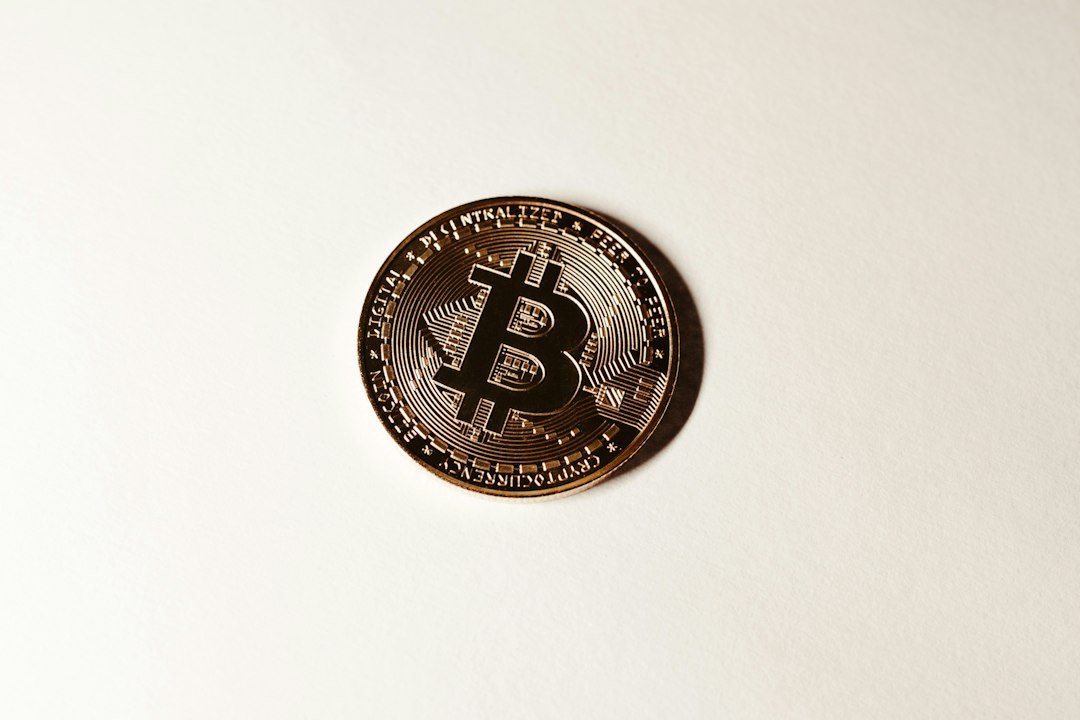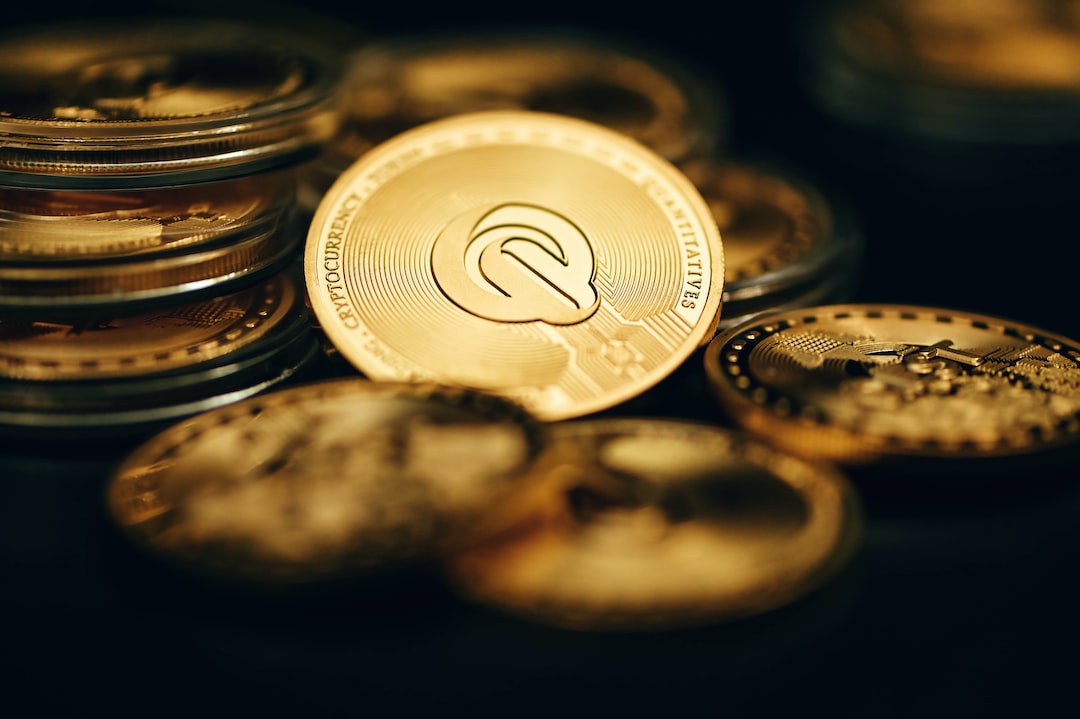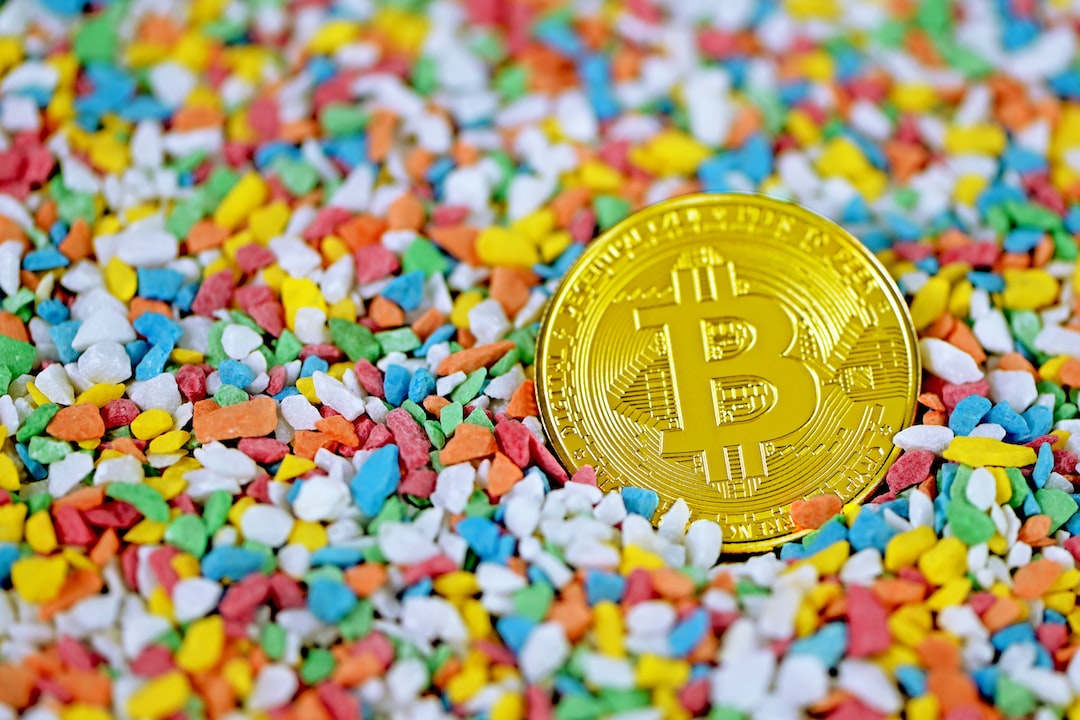Friend.tech changes name of core asset to “Keys”
The social token platform Friend.tech has changed the name of its core asset from “Shares” to “Keys.” The original name was a placeholder during development, and the platform believes that “Keys” better represents their purpose as in-app items used to unlock chatrooms. This decision may have been influenced by the desire to avoid scrutiny from the SEC, as calling their asset “Shares” could have raised concerns about it being classified as a security. The Howey test, used in the U.S. to determine whether a transaction qualifies as an investment contract, considers marketing and economic structure in determining if something is a security. Friend.tech, which launched on Coinbase’s Base scaling network, allows users to buy and sell “keys” tied to their favorite Twitter accounts for access to private chatrooms.
Main Points:
- Friend.tech has changed the name of its core asset from “Shares” to “Keys” to better represent their purpose as in-app items used to unlock chatrooms.
- The decision to change the name may have been influenced by the desire to avoid scrutiny from the SEC, as calling it “Shares” could have raised concerns about it being classified as a security.
- The Howey test, used in the U.S., considers marketing and economic structure in determining if a transaction qualifies as an investment contract and is classified as a security.
- Friend.tech launched on Coinbase’s Base scaling network and allows users to buy and sell “keys” tied to their favorite Twitter accounts for access to private chatrooms.
- While Friend.tech doesn’t believe their tokens would be considered securities, how users pitch and structure their tokens could potentially make them securities.
Hot Take:
The decision to change the name of Friend.tech’s core asset from “Shares” to “Keys” seems to be a strategic move to avoid potential regulatory issues. By avoiding terminology associated with securities, Friend.tech may be able to continue operating without being subject to securities regulations. However, it’s important for users to be mindful of how they promote and structure their tokens to ensure compliance with applicable regulations.





 By
By
 By
By
 By
By
 By
By
 By
By
 By
By